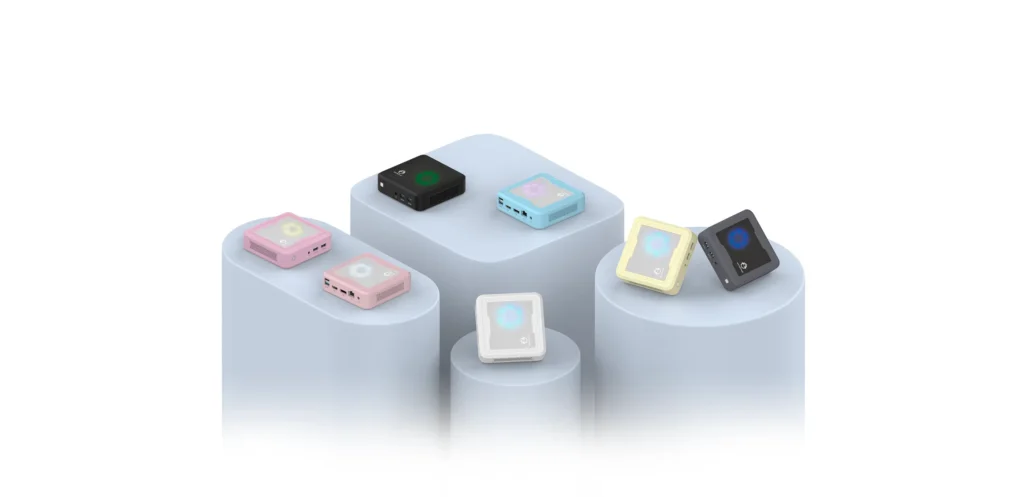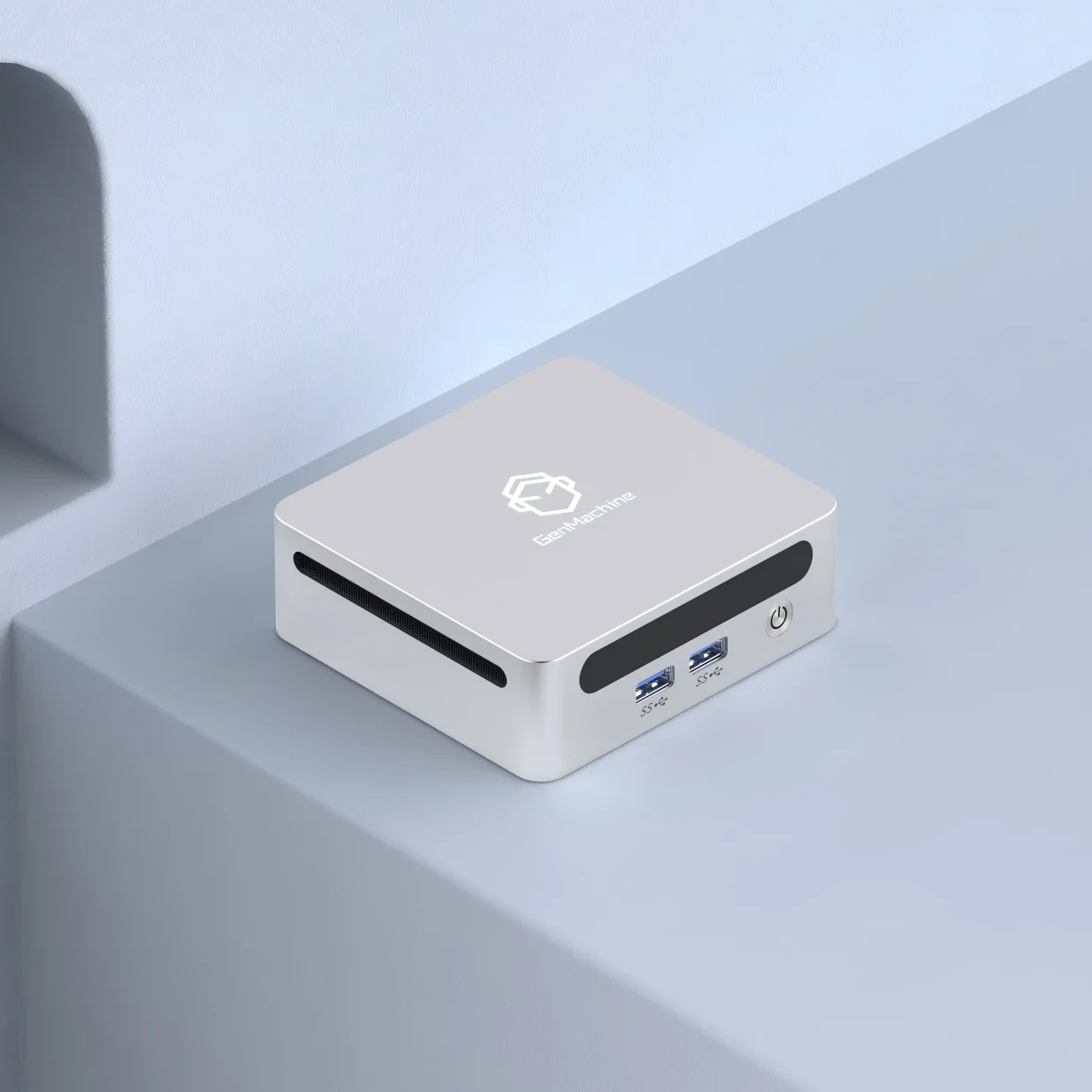Yes, a mini pc works much like a normal computer for daily needs. People will find that a mini pc uses the same core parts as a regular pc, such as a CPU and memory. The compact size makes this pc easy to fit on any desk or workspace.

Mini PC Performance
Everyday Tasks
A micro desktop computer can do most daily jobs easily. Many offices use a mini pc for work, web surfing, and video calls. Workers can open files, send emails, and join meetings with no problems. The mini pc runs productivity software like a regular pc. Teams can switch between apps or browser tabs to multitask.
A mini pc usually has enough memory and power for business tasks. People can use spreadsheets, make presentations, and organize files. The small size of a mini pc helps it fit in tight spaces or shared desks. Companies can put several mini pcs in meeting rooms or on desks.
Tip: A mini pc saves space in busy offices. It also cuts down on cables and keeps the area neat.
Gaming Capability
A mini pc can play some games, but it is not as strong as a high-end gaming pc. Many mini pcs have integrated graphics, which work for simple or old games. Some have better graphics, so they can play harder games. Still, most mini pcs are made for business, not gaming.
If a company needs a pc for training or light gaming, a mini pc can do the job. Workers can play easy games or use 3D learning tools. The mini pc may have trouble with new games that need strong graphics cards. Companies should think about what they need before picking a mini pc for gaming.
| Task Type | Mini PC Performance | Regular PC Performance |
|---|---|---|
| Office Work | Excellent | Excellent |
| Light Gaming | Good | Good |
| High-End Gaming | Limited | Excellent |
A mini pc can run business apps that use graphics, like design tools or videos. It may not be best for companies that need advanced gaming or 3D work.
Power and Heat
A mini pc uses less power than a regular pc. This helps businesses save money on energy. The mini pc makes less heat, so it stays cool even after hours of use. Many mini pcs have energy-saving parts to lower electric bills.
A mini pc is often quiet because it does not need big fans. Offices stay calm, and workers can focus better. The small size means less room for cooling, but most mini pcs handle heat well. Companies should put the mini pc where air can flow.
Note: A mini pc helps companies go green by using less power and making less heat.
A mini pc can run all day and not get too hot. It works great in offices, schools, or stores. Businesses can use a mini pc for signs, kiosks, or checkout systems. The low power use and quiet sound make the mini pc a smart pick for many B2B buyers.

Compatibility and Upgrades
Mini Personal Computer Compatibility
A mini personal computer works with most software for desktop computers. Teams can put office programs, browsers, and chat tools on it. Many companies use a mini pc for data entry or digital signs. Some use it for customer service jobs. The mini pc supports popular operating systems, so IT staff set up devices fast. Some businesses use a mini personal computer for remote work or shared desks.
Tip: A mini pc can join company networks and use cloud services like a desktop computer.
Peripherals and Monitors
A mini pc connects to many devices. Workers can use keyboards, mice, printers, and scanners. Most mini pcs have USB ports and audio jacks for easy setup. Teams can use one or two monitors with a mini pc. This helps people do more than one thing at once. Some models support wireless connections for more options.
Here’s a quick look at what a mini pc can handle:
| Device Type | Mini PC Support | Desktop PC Support |
|---|---|---|
| Keyboard/Mouse | Yes | Yes |
| Printers | Yes | Yes |
| Dual Monitors | Yes | Yes |
Note: A mini personal computer fits well in meeting rooms or at the front desk.
Storage and RAM
A mini pc usually has enough storage and RAM for daily work. Companies can keep documents, presentations, and reports safe. Some mini pcs let you upgrade, but space inside is small. IT teams should check if the mini pc can add more memory or a bigger hard drive before buying.
- Mini pc upgrades may include:
- Adding more RAM
- Swapping out storage drives
A mini pc works best for jobs that do not need lots of data or big upgrades. Businesses that want easy care and fast setup often pick a mini pc for these reasons.
Conclusion
A mini pc can do the same jobs as a regular pc for most workers. Teams like that it is small, uses less power, and stays quiet. For better performance, an amd ryzen mini pc is a strong option that balances power with energy efficiency. There are some downsides, like not many ways to upgrade and less cooling.
Each company should think about what it really needs before choosing a mini pc.





